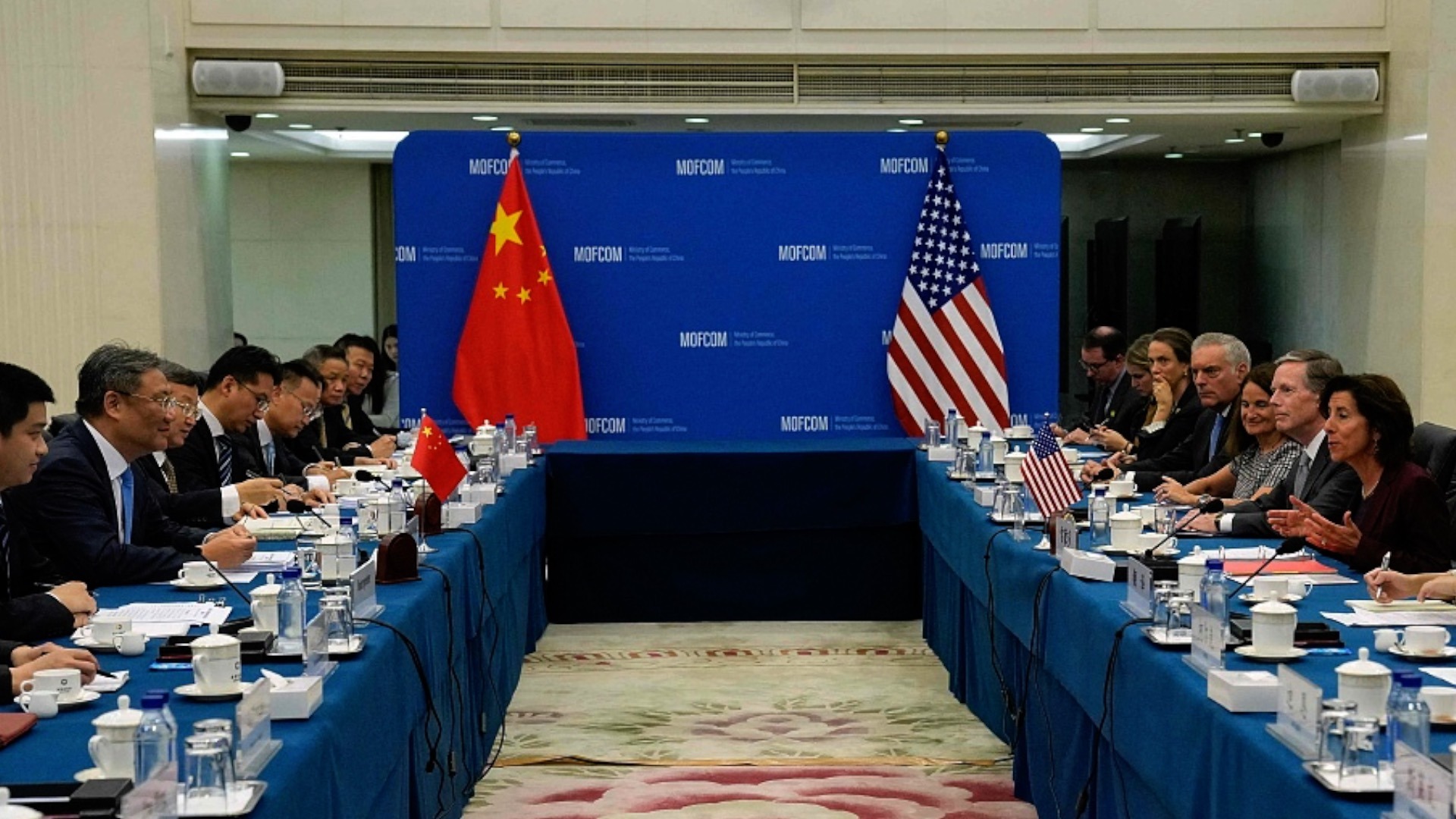Economic and trade relations are the cornerstone of China-U.S. relations, Chinese Commerce Minister Wang Wentao said on Monday during a four-and-a-half hour meeting with U.S. Commerce Secretary Gina Raimondo, who is visiting China from August 27 to 30.
The two sides discussed the implementation of the consensus reached by the two heads of state at their meeting in Bali, Indonesia, focusing on China-U.S. economic and trade relations, as well as economic and trade issues of common concern.
Acknowledging the importance of conducting open and productive dialogues between China and the U.S. in the field of economy and trade, Wang and Raimondo announced the establishment of new communication channels between China’s Ministry of Commerce and the U.S. Department of Commerce.
The two sides initiated an export control information exchange mechanism, designed to explain their respective export control systems and improve communication, and agreed to exchange information on export control in accordance with their respective laws.

China is willing to work together with the U.S. to create a favorable policy environment for cooperation between the business sectors of both countries and to promote bilateral trade and investment while upholding principles of mutual respect, peaceful coexistence, and win-win cooperation, Wang said during the meeting.
Wang raised serious concerns about issues including the U.S. Section 301 tariffs on Chinese goods, its semiconductor policies, restrictions on two-way investment, discriminatory subsidies, and sanctions on Chinese enterprises.
He noted that the generalization of the concept of national security is not conducive to normal economic and trade exchanges, and unilateral and protectionist measures run counter to market rules and the principle of fair competition, and will only harm the security and stability of the global industrial and supply chains.
Noting that the U.S. has repeatedly stated that it does not seek decoupling with China, Wang said the U.S. side should match its words with actions.
A working group has also been set up, composed of deputy ministerial and bureau-level government officials from both China and the U.S., along with representatives from the business sector, to seek solutions to specific business issues. The working group will hold deputy ministerial-level meetings twice a year.
Wang and Raimondo agreed to maintain regular communication, meeting at least once a year.
The two sides also discussed and agreed that experts from both countries will engage in technical consultations on the protection of trade secrets and confidential business information during the process of enhancing administrative licensing.




